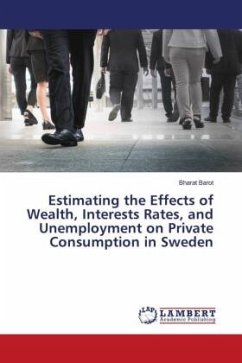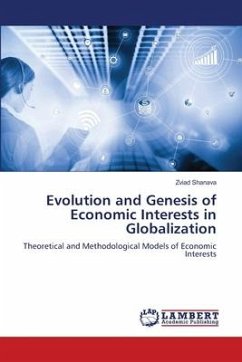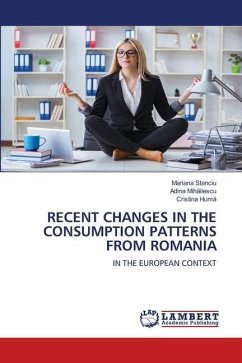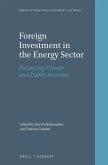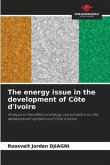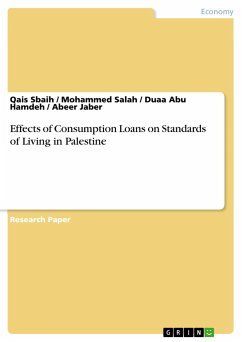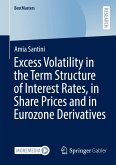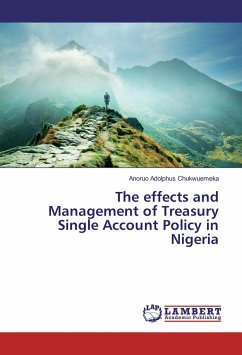An aggregated consumption function based on the life cycle hypothesis using the error correction methodology is estimated for Sweden. Wealth in its dis-aggregated form is incorporated in the consumption function, along with basic standard explanatory variables including the unemployment variable. Applying Hendry's general to specific modelling strategy one final model is deduced. The tests of integration and co-integration indicate that the variables are both integrated and co-integrated. A spectrum of tests is applied to the final model. The final model captures the development of consumption well, without making use of neither a tax reform dummy, or a household debt variable. The tests of model adequacy indicate that the consumption function is stable and robust. The function is evaluated both from the forecasting and the theoretical point of view, and satisfies the unit elasticity assumption. Comparative statics and dynamic simulations are carried out in order to illustrate the steady state properties of the cunsumption function. Models without the wealth variable did not take on an error correction interpretation.

